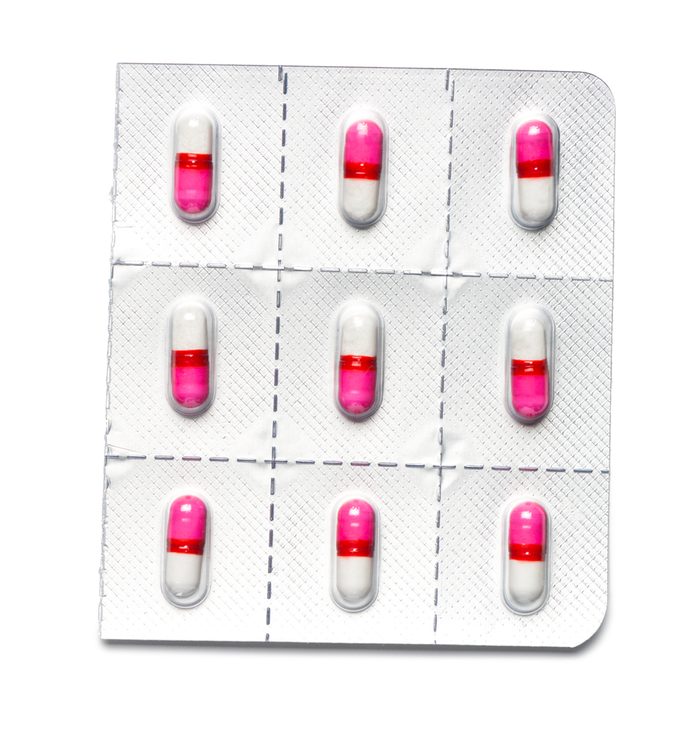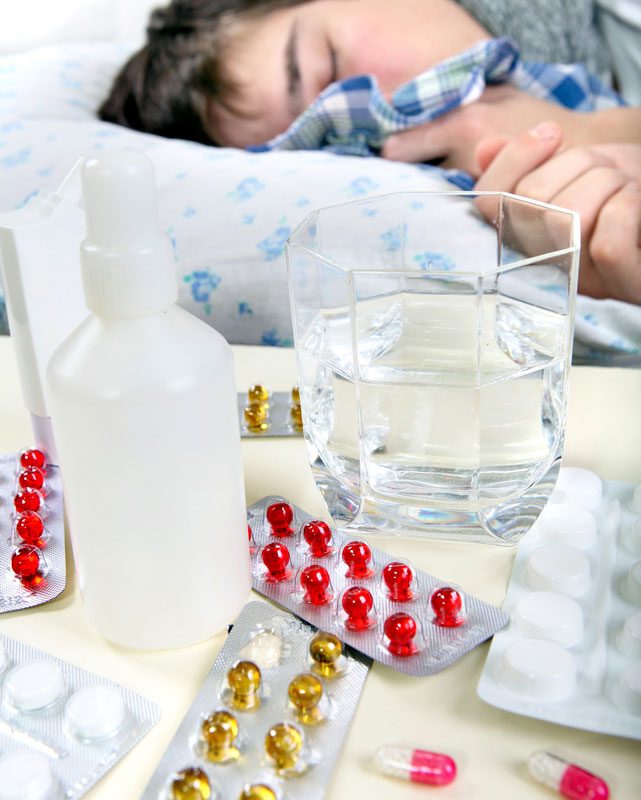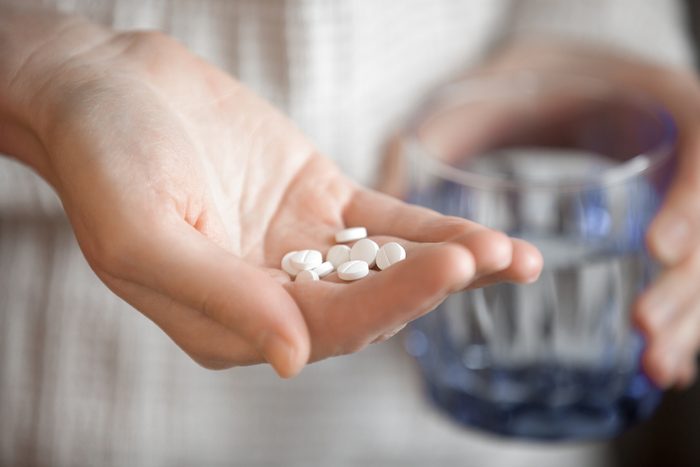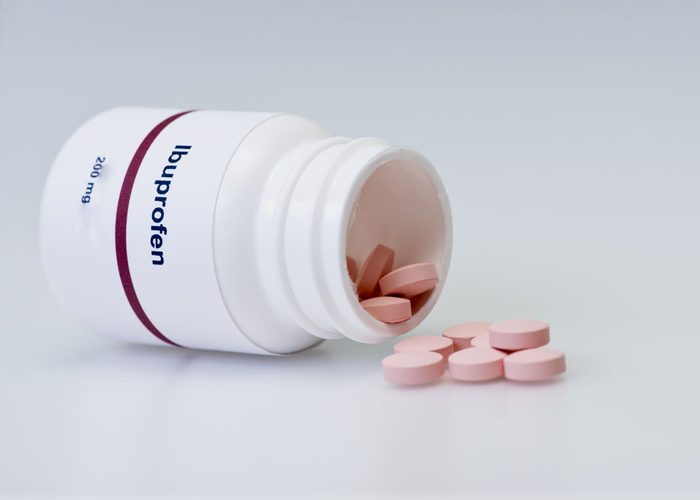
1. Antacids
The effectiveness and safety of antacid medications may be altered by the use of some dietary supplements. If you are taking iron, be sure to take it 2 hours before or after the antacid. You’ll also want to avoid taking vitamin D supplements while taking antacids as they don’t mix well with antacids.

2. Antihistamines
Certain herbal supplements may cause excessive drowsiness when taken with sedating antihistamines. The most common supplements this includes are kava and valerian.

Cold remedies
Cold remedies containing ephedrine or pseudoephedrine should not be combined with the supplements ginseng (panax), hawthorn and St. John’s Wort.

4. Sleep Aids
Excessive drowsiness and other side effects associated with alertness and concentration have occurred when sleep aids and other sedatives and tranquillizers have been taken with particular supplements. Because of this, you’re best not to mix sleep aids with black cohosh, goldenseal, kava, lavender, melatonin or valerian

5. NSAIDS
Some supplements pose the risk of hyperkalaemia (excessive amounts of potassium in the blood) if taken with NSAIDs (non-steroidal anti-inflammatory drugs) such as ibuprofen, for example. Potassium is the main supplement to skip in this case.
Taken longterm, the NSAID aspirin carries the risk of excessive bloodthinning and bleeding when combined with certain herbs and supplements. These supplements include feverfew, fish oils, garlic, ginkgo biloba and white willow bark.

6. Birth control pills
While not technically an over-the-counter medication, oral contraceptives are common enough that we wanted to include them on this list. Many supplements affect hormone levels and should be combined with oral contraceptives (as well as hormone replacement therapy medication and other gynecological drugs) only after discussion with your doctor. Interactions could lessen the potency of the drug or even cause harm. These supplements and herbs include black cohosh, chasteberry, echinacea, ginseng, goldenseal, licorice, milk thistle, soy isoflavones and St. John’s Wort.
Related:
• 15 Foods that Help Fight the Flu
• 4 Superfoods to Prevent Disease
• Why You Should Discuss Alternative Medicine With Your Doctor
